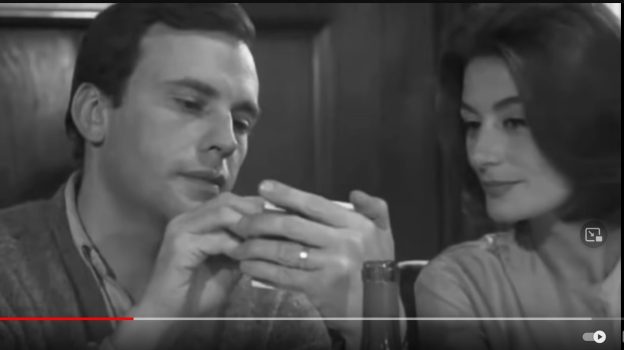I’ve been saying it for years, based on my encounters with a relatively smart cohort, through this column. My husband, a South African PhD (received at the age of 24), has been saying it for a long time based on encounters in his field. Barely A Blog correspondent Myron Pauli, a physics PhD from MIT (of which he thinks poorly), has been saying it over these pixelated pages:
American millennials, in general—but even with masters degrees and doctorates—are unimpressive, to put it charitably. They do, however, score high in self-esteem, which is part of the problem. From a 2007, Ottawa Citizen article I wrote:
Paradoxically, while our high school students score near the bottom in international competitions, when asked to rate themselves, they consistently give themselves top marks. But then so do their parents and teachers. Thanks to constant, unwarranted worship, and no moral or rigorous intellectual instruction, American schools are full of lame and lazy megalomaniacs.
The Washington Post cites a recent report by “the Organization for Economic Co-operation and Development, better known as the OECDU.S,” according to which “millennials with master’s degrees and doctorates did better than their peers in only three countries, Ireland, Poland and Spain. Those in Finland, Sweden and Japan seemed to be on a different planet.”
Top-scoring U.S. millennials – the 90th percentile on the PIAAC test – were at the bottom internationally, ranking higher only than their peers in Spain. The bottom percentile (10th percentile) also lagged behind their peers. And the gap between America’s best and worst was greater than the gap in 14 other countries. This, the study authors said, signaled America’s high degree of inequality.
The “daunting” PIAAC Test showed that “U.S. millennials performed horribly.”
That might even be an understatement, given the extent of the American shortcomings. No matter how you sliced the data – by class, by race, by education – young Americans were laggards compared to their international peers. In every subject, U.S. millennials ranked at the bottom or very close to it, according to a new study by testing company ETS.
“We were taken aback,” said ETS researcher Anita Sands. “We tend to think millennials are really savvy in this area. But that’s not what we are seeing.”
By the way, note how forthrightly readers of the liberal WaPo discuss the well-documented racial differences in scholarly achievement. Alas, could the “dumbassery” documented in the WaPo article be manifesting in the reading and comprehension skills of its readers? For the article explicitly states that results were consistent across “class” and “race.” Yet many readers missed this crucial tidbit.
The information comes courtesy of Vox Day, who also quips as follows about the findings:
This isn’t surprising to me. Generation X had to understand its toys in order to play with them. There is nothing creative about a tablet or a smartphone. You can’t do anything on it. It’s basically a dumb terminal on the mainframe of the Internet. These digital natives are actually digital cargo cultists, comfortably familiar using things they don’t actually know the first thing about. As far as they’re concerned, it might as well be magic.

